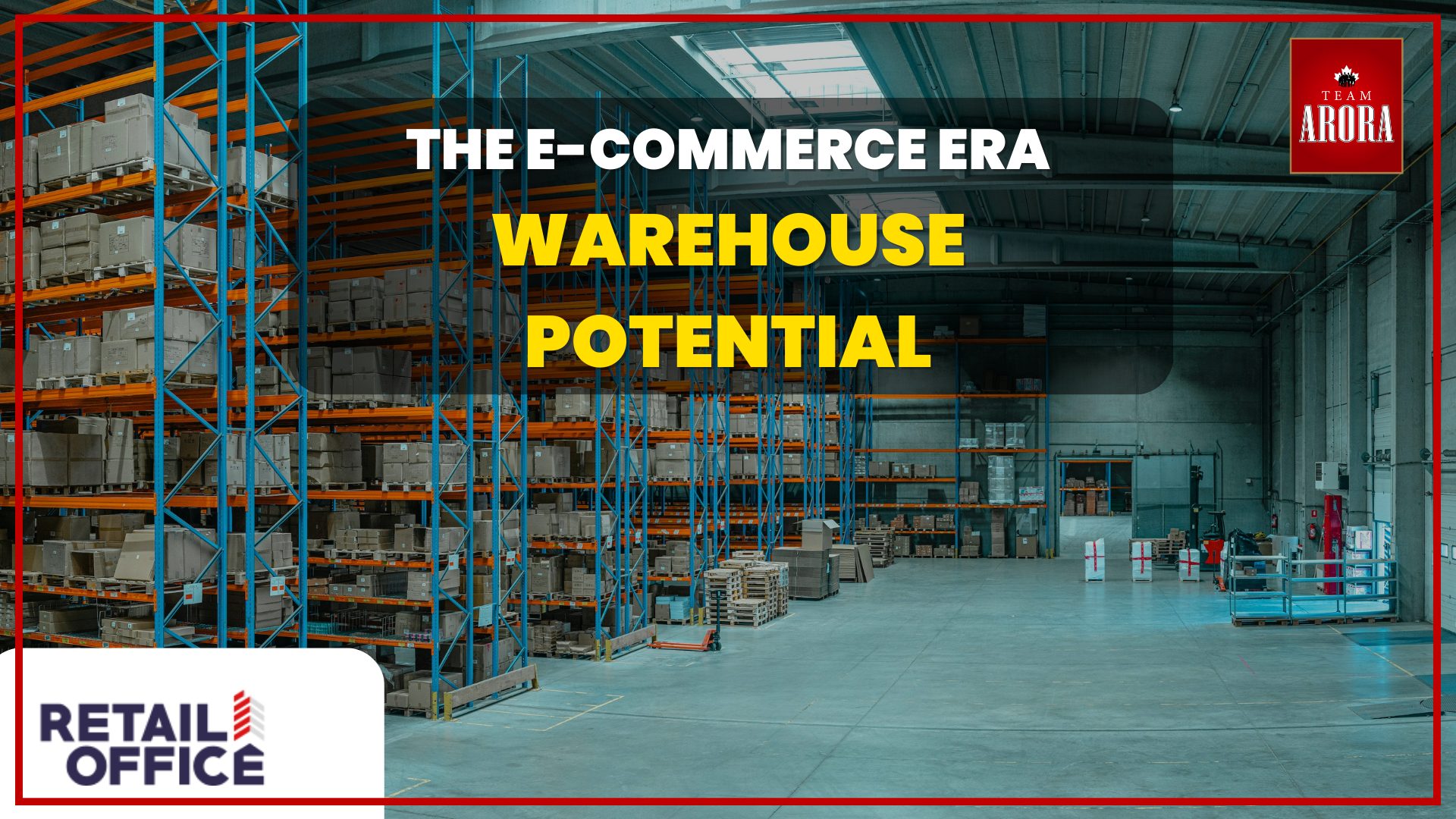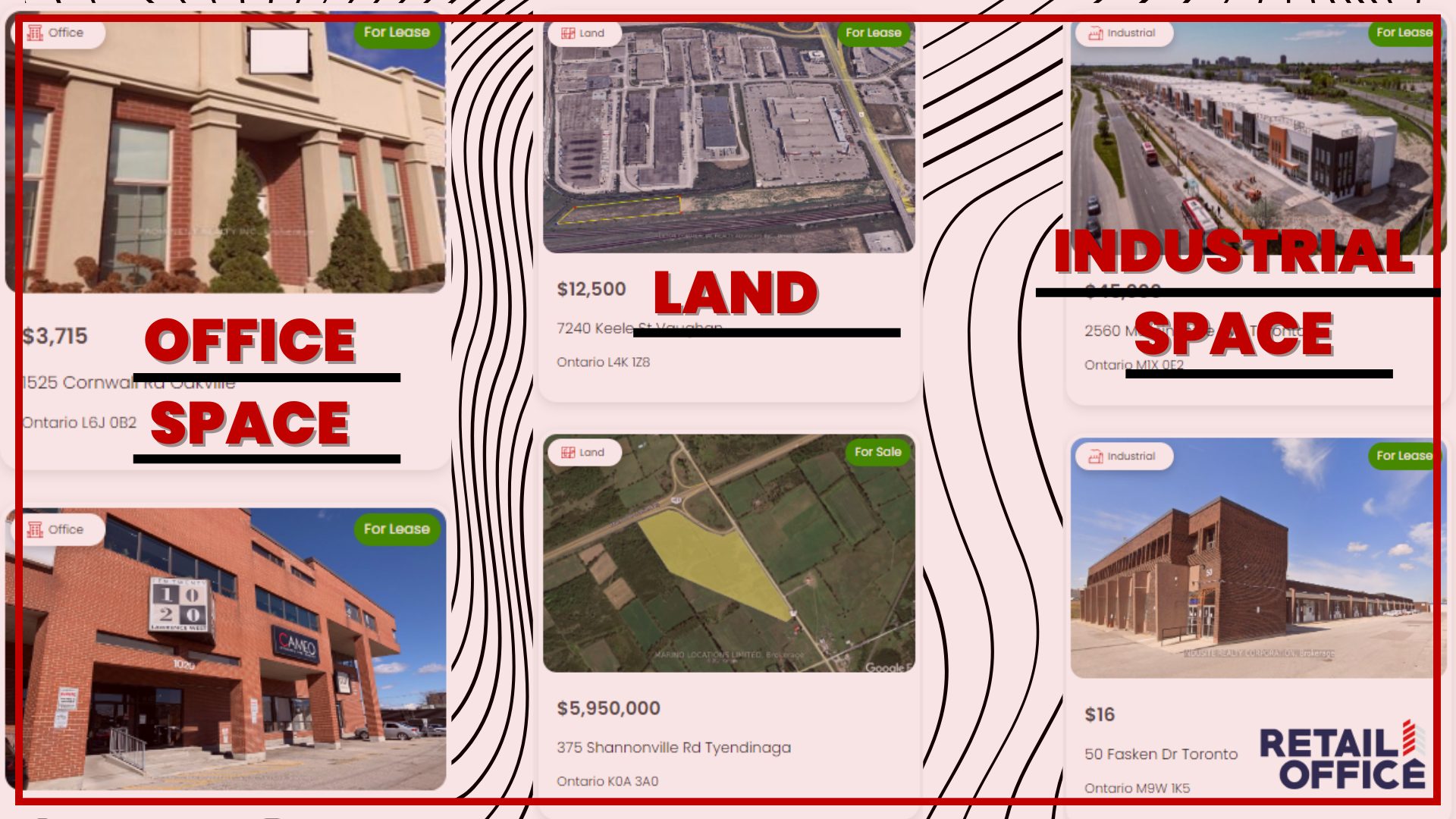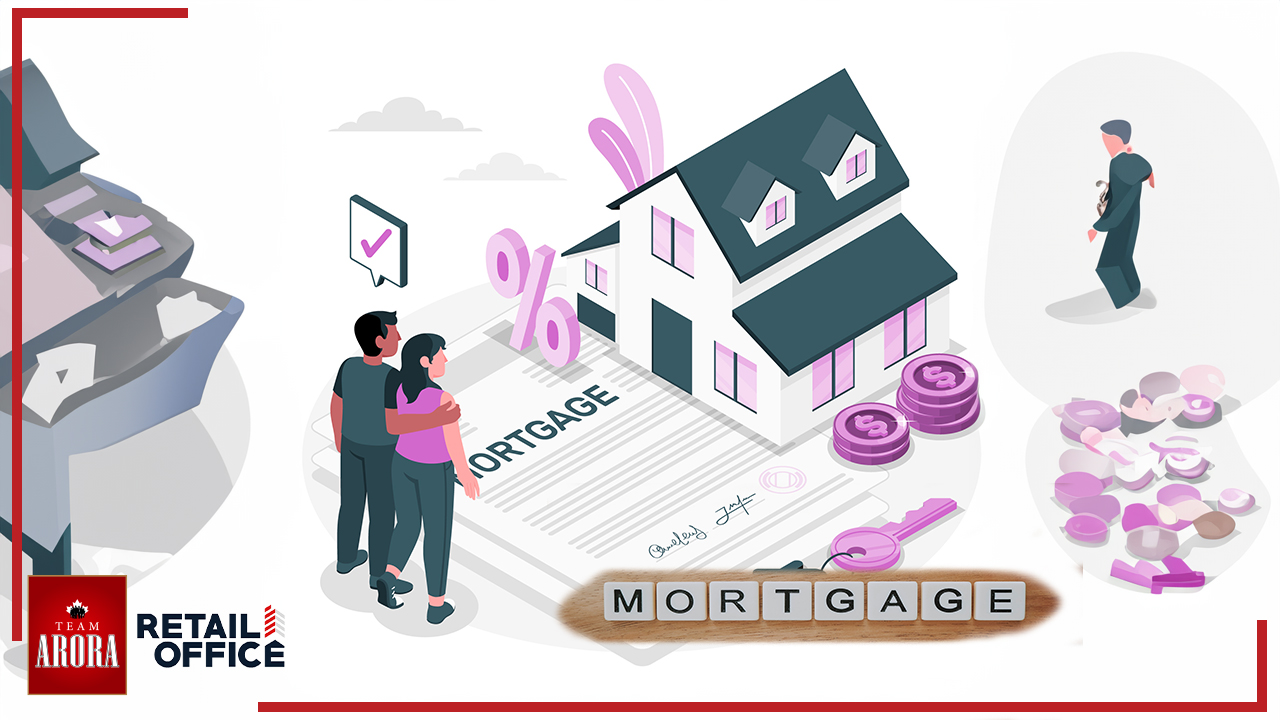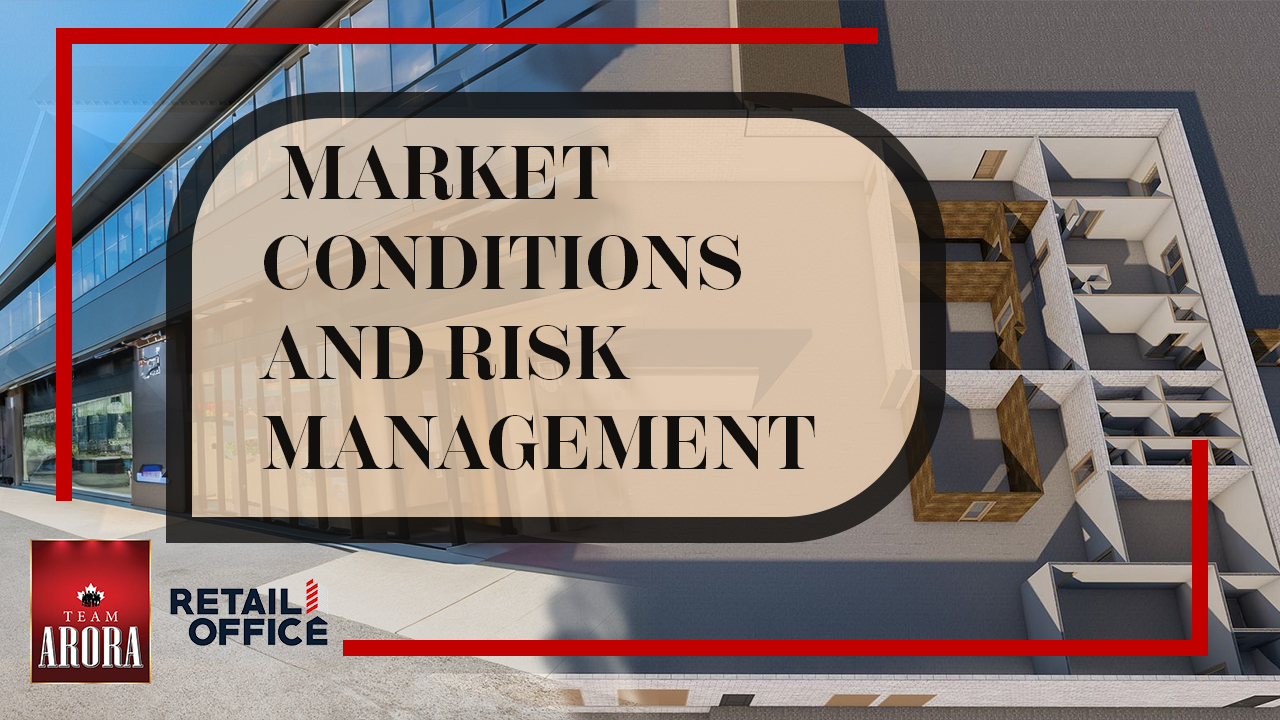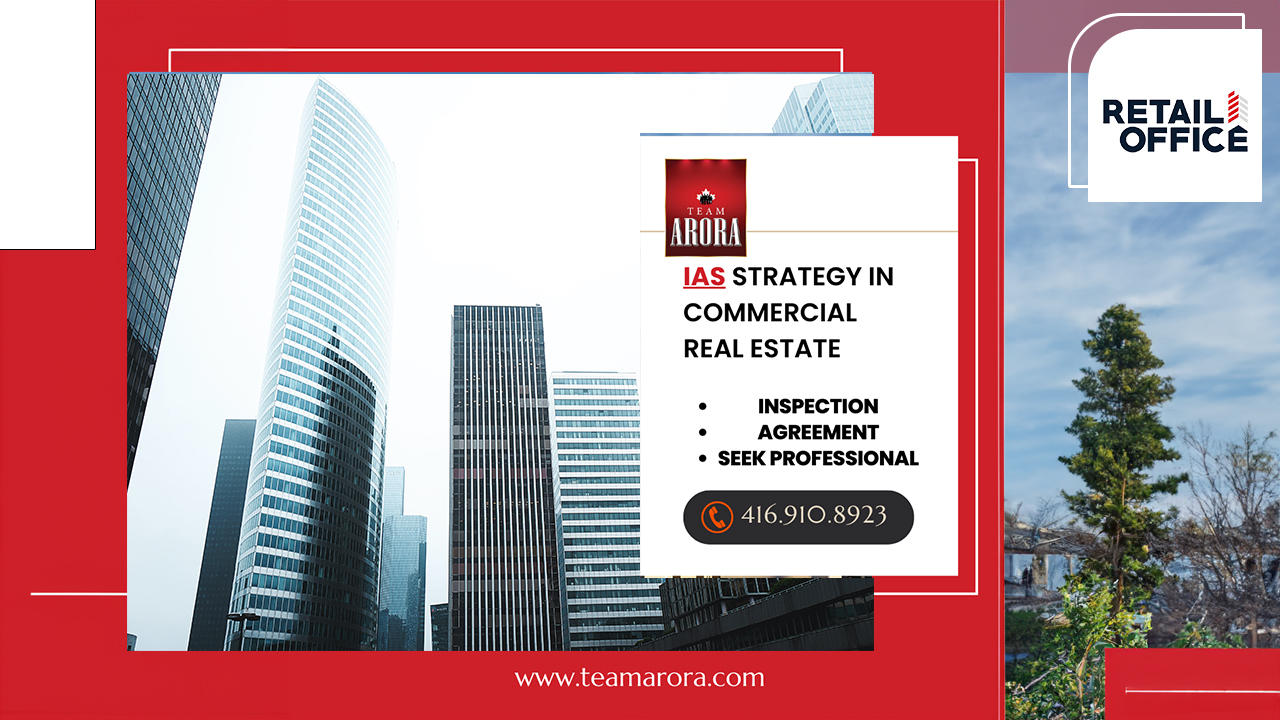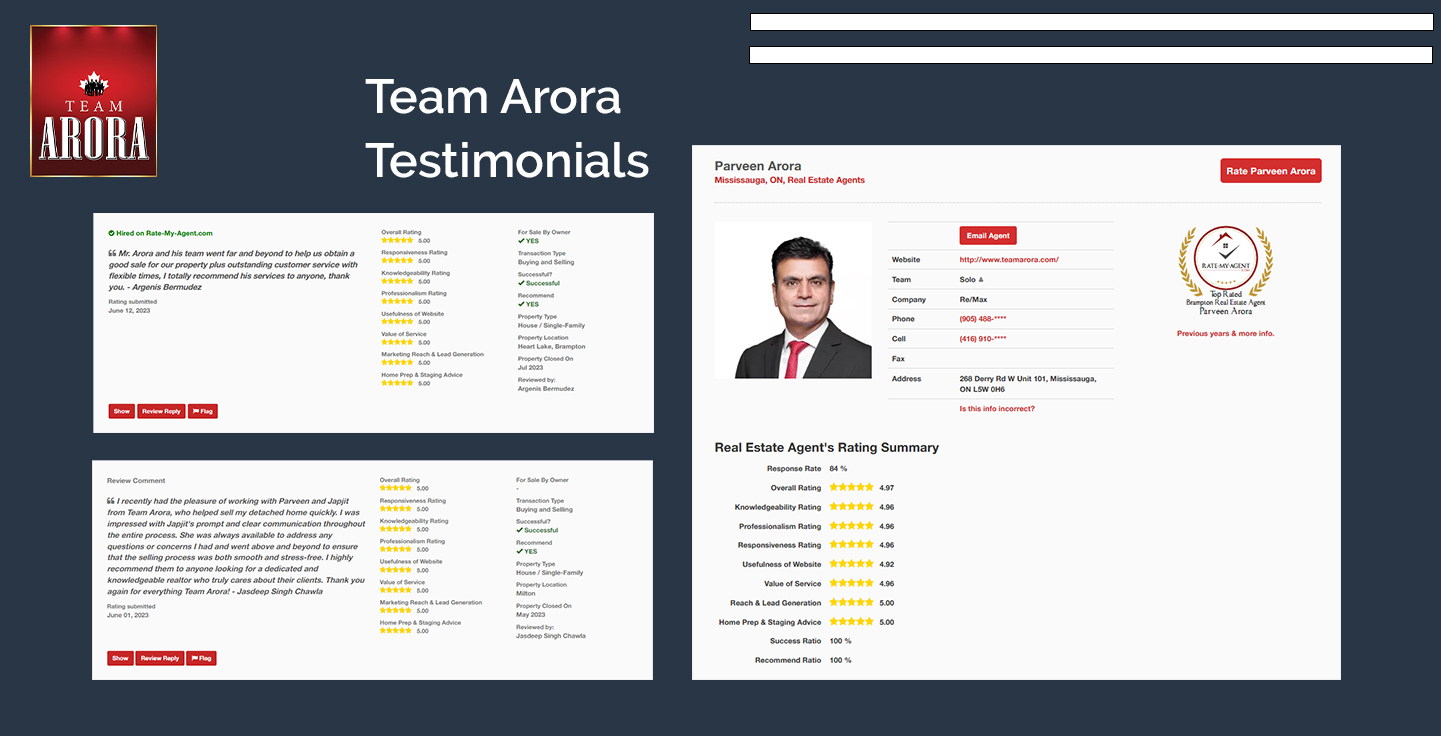Start With a Strong Concept: Know What Kind of Hotel You Want
The first and most important step is defining your hotel concept. You’ll need to decide what kind of experience you want to offer and to whom. Will you target business travelers with sleek, professional accommodations, or are you aiming for a boutique, cozy getaway near cottage country? Your concept could be luxury, mid-range, eco-friendly, pet-friendly, or designed for extended stays. Your brand identity and marketing efforts will be built on this foundation, so get specific about what sets your hotel apart and what type of guest experience you’re aiming to create.
Market Research Is Your Foundation for Success
Once your concept is clear, the next move is conducting thorough market research and a feasibility study. In Ontario, different regions like Niagara Falls, Muskoka, or the GTA offer varying levels of opportunity and risk. You need to understand local tourism trends, who your competitors are, what the average occupancy rates are, and how seasonal the business might be. A feasibility study should also include financial projections based on local pricing, daily rate expectations, and operating costs. This step ensures that you’re not just emotionally driven—but making decisions based on real numbers and potential profitability.
Secure Funding and Build a Solid Business Plan
With market research in place, you’ll need to focus on securing funding. Starting a hotel requires substantial investment—from purchasing land or a building to outfitting it with amenities and hiring staff. Depending on your financial background, you might use personal savings, commercial loans, or investor partnerships. Some Ontario municipalities even offer development grants or tourism support programs. Regardless of your funding source, a detailed business plan is crucial. This plan should outline your expected costs, timeline, target occupancy, marketing strategy, and revenue forecasts. A solid business plan not only gives you direction but also helps build trust with lenders and investors.
📍 Location Is Everything—Choose Strategically
Choosing the right location is another make-or-break factor in hotel success. In real estate, location is everything—and this is even more true for hotels. If you’re catering to tourists, proximity to landmarks, natural parks, or downtown districts is essential. Business hotels benefit from being close to transit hubs, convention centres, or office corridors. Evaluate nearby competition, check zoning restrictions, and consider future developments that could boost (or hurt) your investment. In Ontario, locations like downtown Toronto, Niagara-on-the-Lake, and Blue Mountain each offer different strategic advantages based on your target guest.
🛠️ Design, Build, or Renovate With Guest Comfort in Mind
Once your land or building is secured, the real work begins with design and construction—or renovation if you’ve acquired an existing property. This phase requires close collaboration with architects, interior designers, and contractors who understand hospitality trends. Think beyond aesthetics—guest comfort, accessibility, soundproofing, and flow between common areas are key. Small details like elevator access, lighting, and modern bathrooms can influence guest satisfaction and reviews. Focus on durability and cleanliness, especially in high-touch areas like bathrooms, bedding, and lobbies.
📑 Don’t Skip the Licenses and Legal Approvals
Now, before opening your doors, you must ensure you have all required permits and licenses in place. In Ontario, this typically includes a business registration, municipal operating license, building and fire inspections, and health approvals if food service is involved. Hotels serving alcohol will also need a liquor license. Compliance can be time-consuming, but it’s absolutely essential to avoid fines or closures. Consulting a legal expert or working with your municipality can streamline this process and ensure you’re meeting all provincial and federal hospitality regulations.
Build the Right Team and Deliver Quality Service
Next, hiring and training a strong team becomes your focus. Even the most beautiful hotel can suffer without great service. Begin by recruiting key roles such as front desk staff, housekeepers, maintenance personnel, and hospitality managers. If you’re running a full-service hotel, you may also need a chef, kitchen team, or event coordinators. Prioritize customer service, reliability, and adaptability. Training should align with your brand’s tone—whether it’s professional and polished or warm and homey. The goal is to create a consistent guest experience no matter who is on shift.
Create a Strong Online Presence and Marketing Strategy
At this point, building your online presence and marketing engine is essential. You need a professionally designed website with real-time booking functionality, clear photos, and compelling copy. List your hotel on popular platforms like Booking.com, Expedia, and Google Hotels to drive early visibility. In today’s digital landscape, social media plays a huge role, especially Instagram and Facebook for showcasing aesthetics and deals. Consider using influencers or running local ad campaigns to build awareness before your launch. A solid digital presence helps build credibility and drives those all-important early bookings.
Soft Opening First, Then Go Big With a Launch
When you’re finally ready to open, start with a soft launch. Invite friends, family, and local professionals to stay and offer feedback. This helps you work out operational kinks in a low-pressure setting and build up positive reviews online. Once you’re confident in your operations, plan a grand opening with strategic PR—partner with your local tourism board, media outlets, or even community events. A strong opening sets the tone for brand perception and helps your hotel gain momentum from day one.
Focus on Reputation, Reviews, and Long-Term Growth
Finally, your long-term success will depend on your ability to consistently deliver great guest experiences. Focus on feedback—ask for reviews, respond to criticism quickly, and adapt to changing customer expectations. You might later introduce loyalty programs, corporate partnerships, or seasonal promotions. The hotel business is all about relationships, reputation, and repeat visits. The better you serve your guests, the more likely they are to become advocates for your brand.
FAQs
- How much money do I need to start a hotel business in Ontario?
Starting a hotel in Ontario can require anywhere between $500,000 to several million dollars, depending on the size, location, and type of hotel. This amount covers land or property acquisition, design and construction, furnishing, legal permits, and initial operations. A boutique hotel in a small town may be more affordable than a luxury property in downtown Toronto. It’s important to plan for unexpected expenses and ensure you have enough working capital for the first year. - Is it better to build a hotel from scratch or buy an existing one?
Both options have their advantages. Building from scratch offers full control over design, layout, and branding, but it’s typically more expensive and time-consuming. Buying an existing hotel can reduce startup time and may already have a customer base, but renovations could be needed to meet your standards. Consider your timeline, budget, and operational preferences when making this decision. Always conduct a thorough inspection and financial review before purchasing an existing property. - Do I need a license to operate a hotel in Ontario?
Yes, operating a hotel in Ontario requires several licenses and approvals. These may include a municipal business license, zoning permits, building and fire code compliance, and health department approvals if you serve food. If alcohol is served, a liquor license is also necessary. Requirements may vary by municipality, so it’s best to consult with your local government or legal advisor to ensure full compliance before you open your doors to guests. - What type of hotel is most profitable for beginners?
For first-time hotel owners, boutique or limited-service hotels are often the most manageable and profitable. These hotels require less staff and operational complexity while still providing a personalized guest experience. Extended-stay hotels also offer a stable revenue stream, especially in areas with business travel or temporary relocation demand. The key is to choose a niche, location, and concept that align with local market demand and your own management capacity. - Can I start a hotel business without any hospitality experience?
Yes, but you’ll need a solid team and willingness to learn. Many hotel owners come from backgrounds in real estate, finance, or entrepreneurship. Surround yourself with experienced professionals—like a general manager, consultant, or franchise team—who understand day-to-day hotel operations. Focus on managing the business, creating a great brand, and ensuring guest satisfaction. With the right systems and team in place, even first-timers can build a successful hotel brand.

